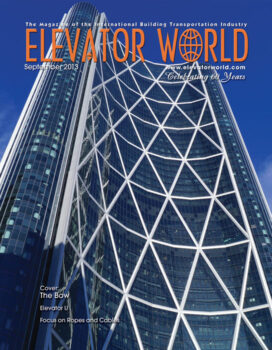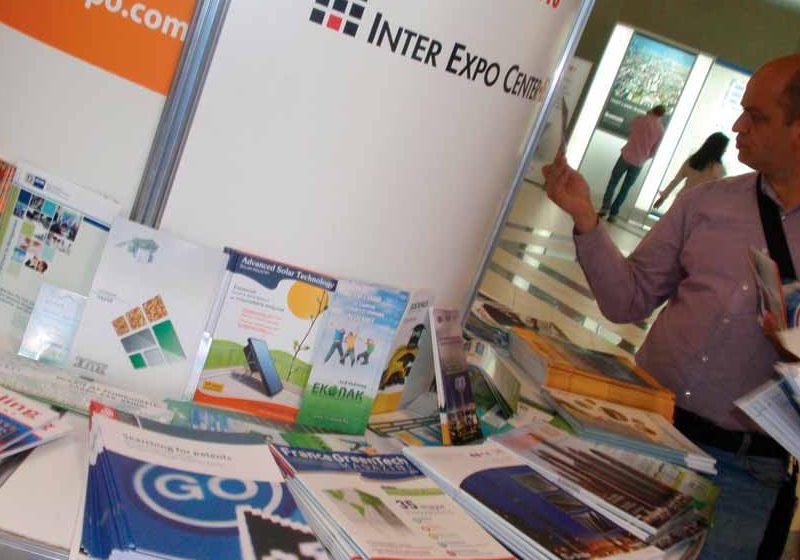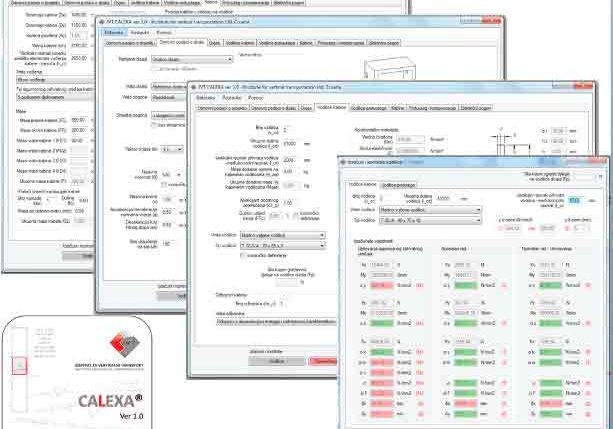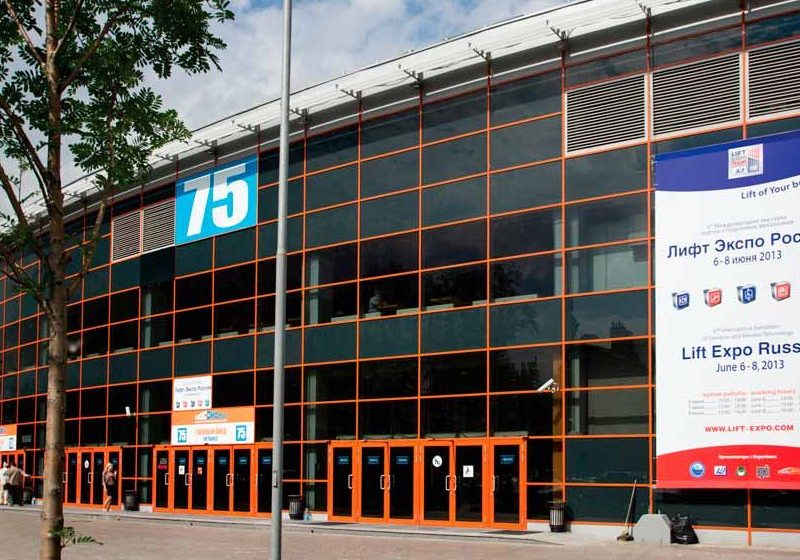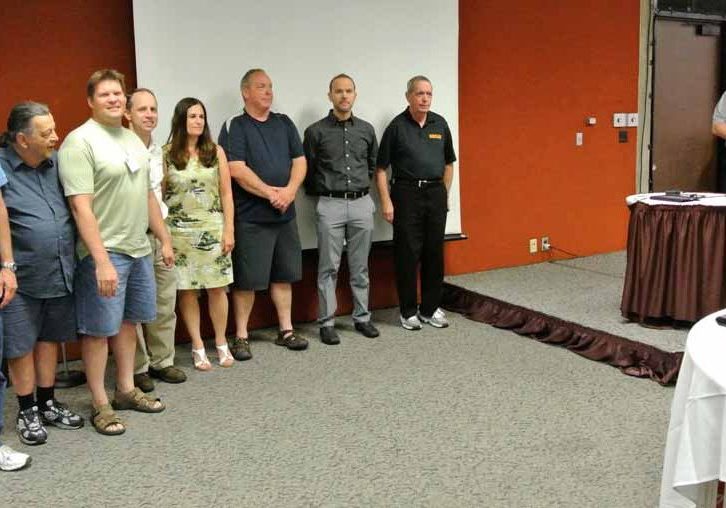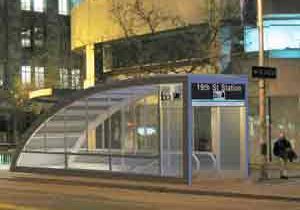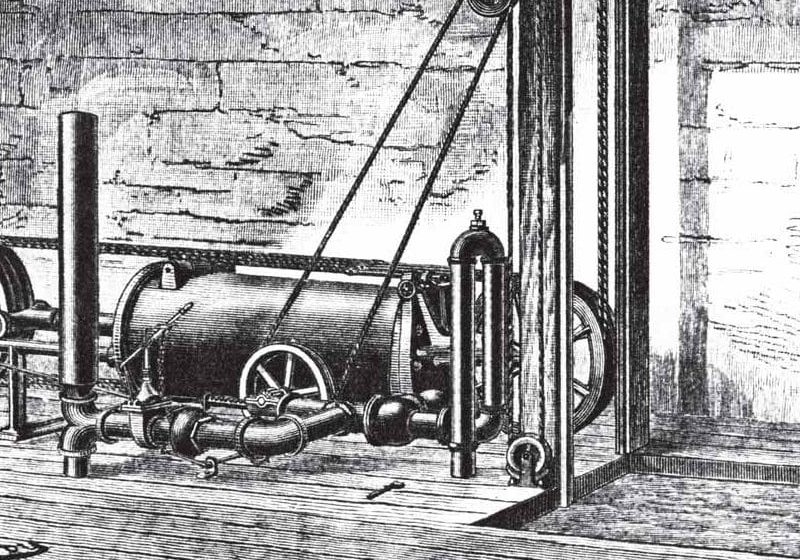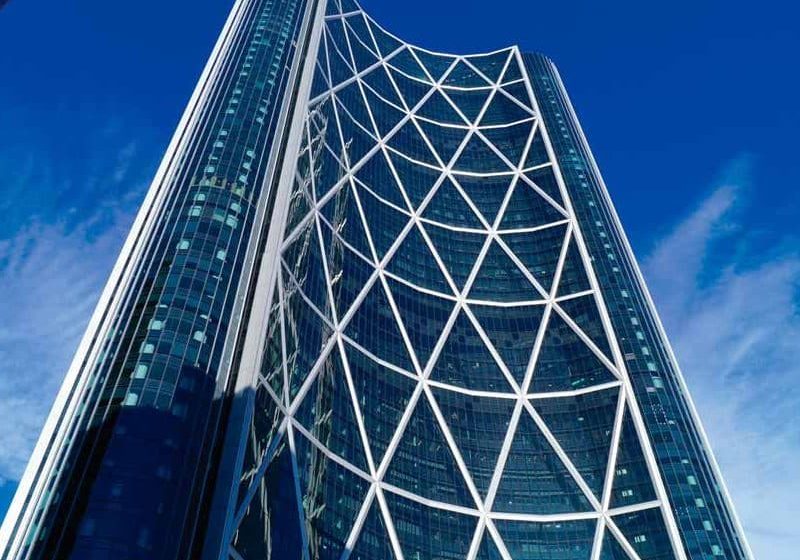1906 Elevator Lives On in Revitalized Downtown
Sep 1, 2013
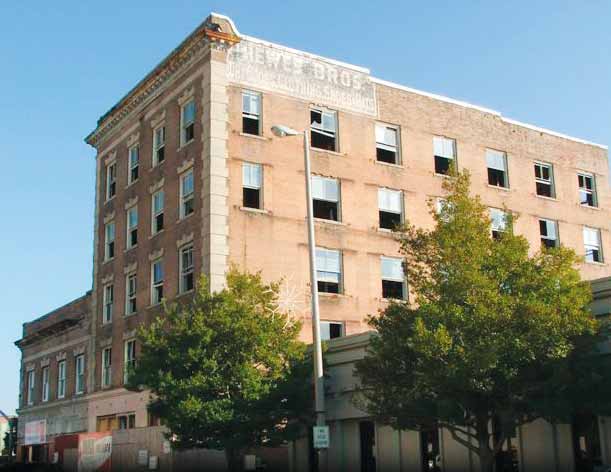
Mohamed Iqbal is managing director for Toshiba Elevator Middle East (ME) LLC, a subsidiary of Toshiba Elevator and Building Systems Corp. of Japan. The company’s headquarters is in Dubai, from where it coordinates operations throughout Gulf Cooperation Council (GCC) countries. Born and raised in Valoothoor, a village full of greenery in the Thanjavur (formerly Tanjore) district of southern India, he has resided and worked in Dubai since 1985.
Iqbal began his career as a field engineer in training for Mitsubishi Elevator, a joint venture between Mitsubishi Electric Corp. of Japan and the conglomerate’s local partner in the U.A.E. He actively participated in various departments and worked in such disparate areas as product sales, installation, maintenance, quality assurance/quality control (QA/QC), elevator engineering, project management, operations, planning and contract management.
During Iqbal’s tenure at Mitsubishi Elevator, the company had considered itself in a pioneer position in the U.A.E. elevator market. It secured such projects as the Burjuman Centre, Burj Al Arab, Emirates Towers and Dubai International Airport. Iqbal knew he was in the right field, as he enjoyed the exposure the projects brought him in his sales, engineering, QA/QC, project and contract management roles. “These were unforgettable experiences for me. Further, my access to the elevator industry’s media like ELEVATOR WORLD gave me an opportunity to dedicate myself to this industry,” he mused. His tenure at Mitsubishi culminated with his appointment to the position of general manager of ETA Melco, Dubai, a joint venture between ETA, Dubai and Mitsubishi Electric.
Looking for an opportunity with greater challenge, Iqbal became executive director of Dhaher Al Muhairi Co. LLC, authorized Distributor of Toshiba Elevators in the U.A.E., in mid 2007. In November 2011, considering the large potential in the ME market and analyzing the local setup, Toshiba Elevator and Building Systems Corp. of Japan entered into a joint venture with its local partner, which was renamed Toshiba Elevator ME LLC. Also, Toshiba Elevator of Japan appointed Iqbal as its representative for the ME and chairman of the board for Toshiba Elevator ME.
Iqbal says his first mentor was his father, who used to tell him, “You should develop unsuspected powers in you, always. Punctuality, neatness, discipline and work [are] worship, and these qualities you should follow always.” Iqbal recalls he has always kept this mantra in mind and paid tribute and respect to his parents.
If he could change one thing about the elevator industry, it would be that, for safety reasons, equipment be maintained by the respective supplier only.
The frequent correspondent to EW has presided over work on more than 9,000 elevators, escalators and moving walkways, and supported many major elevator projects in the ME and North Africa region, as well as on the Asian subcontinent (including India) with his engineering skill. Iqbal has coordinated thousands of units for project management, contract administration, and principal and factory coordination; instituted project-support office management; and trained engineers.
After joining Toshiba Elevators’ agent company, Iqbal worked to strengthen its relationship with Toshiba Elevator in Japan and develop various departments inside the Dubai business with professional manpower. He explained:
“In GCC countries, people [are] usually fond of very niche, rich finishes, and to accommodate [this] within the budget is cumbersome. Competing with other international suppliers is really a great challenge. My sales and marketing team is driven with Toshiba’s credits, technologies [and] new developments. . . and, of course, we are enjoying [a] decent share, though we are [a] late entrant to the market.”
Toshiba in the Middle East
As an elevator professional who has worked in the industry for more than 28 years, Iqbal advises younger generations to consider vertical transportation as a career field. He said safety, quality, technical knowledge and environmental protection are all important attributes the industry needs. Coupled with sales, marketing, installation, maintenance and design roles, the sector offers a range of opportunities for new blood to help, as Iqbal says, “make the industry more sound.”
Iqbal admires Shinichiro Akiba, president and CEO of Toshiba Elevator and Building Systems Corp., Japan, for his professionalism, dynamic personality, communication skills and aggressive approach derived from having worked overseas in such countries as the U.S. His admiration extends to the Tokyo Sky Tree (EW, March 2013), the tallest structure in Japan and second-tallest structure in the world at 634 m high, with its 2400-kg (40-person)-capacity, 10-mps-speed elevators. He confesses to have visited its Toshiba elevators three times “so far.”
Iqbal holds an MBA, with specialization in General, Contractual and Finance Management, and a BS in Engineering, with specialization in Electrical and Electronics Engineering. He is a senior Member of the Institute of Electrical and Electronics Engineers, Inc. (U.S.), a chartered engineer and fellow with the Institute of Engineers (India) and a life member of All India Management Association (India). He has also authored a book on science. When asked if he has plans to retire, Iqbal replied, “Not at all. I feel young. I have enormous energy – hence, no thinking of retirement.”
Mohamed Iqbal reveals Toshiba had a hard time overcoming consumer identification of the company as a producer of only electronic and consumer products, and power and energy systems. He said securing jobs for major and well-known clients like Tamouh, Nakheel, Aabar, and Damac helped his business’s popularity rise in the market. Toshiba Elevator Middle East LLC maintains more than 1,000 units in the U.A.E. alone. It recently released its two new green elevator lines, Elcosmo III series (with a compact machine room) and machine-room-less Spacel III series, for the Southeast Asia, Middle East and India markets.
Iqbal fondly recalls his work on the Dubai International Airport, Emirates Tower and Burj Al Arab, all in Dubai. Working with international consultants and inspectors helped him gain “immense knowledge on both technical and project management fronts,” making him a “full-fledged elevator professional.” For the latter project, there was no crane facility, and manual hoisting was impossible, so Iqbal hired a helicopter to lift the large machines to place on the roof. He credits the success of such projects to “good teamwork with dedication, plus planning.”
Iqbal noted that, like most countries, the U.A.E. has had its share of economic recession. Many projects were suspended or stopped, and business for the construction industry was in bad shape for a while, but he has more recently noticed gradual improvement and “a lot of confidence in the U.A.E. real-estate market, thanks to the government boosting confidence in the construction market.” Correspondingly, many new projects are being announced.
Toshiba has also entered into an agreement with local partners in Saudi Arabia and completed an elevator project for Saline Water Corp. in Riyadh. The company forecasts many more projects in the country in such cities as Jeddah, Mecca, Medina, Riyadh and Dammam. Furthermore, it is in the process of finalizing major projects in Qatar with local partners. Toshiba has a strong presence in Oman and has an agreement with a local firm in Azerbaijan, where it has also secured projects.
Iqbal hopes that with Toshiba’s expansion strategy, it can compensate for the recession in one country with a boom in another. This possibility helps fuel his high hopes for the elevator industry in the Middle East. Consistency in following the nine rules listed here has helped him steer the company through hard economic times:
- Get the basics right
- Cut costs
- Manage cash flow carefully
- Spend on marketing
- Be determined
- Hold on to existing customers
- Diversify your product and customer base
- Deliver excellent customer service
- Run credit checks on customers
Get more of Elevator World. Sign up for our free e-newsletter.

